Inauguration, It’s Never Too Early
The inauguration is a year away. Of course, Washington is already planning.
By Roxanne Roberts January 19 Washington Post
Donald Trump started dreaming about the 2017 inauguration more than a year ago, months before he jumped into the presidential race. In late 2014, the billionaire businessman launched a promotion for his upcoming luxury hotel in Washington: a bet on the chance to stay there during inaugural week.
The idea is simple: For $250, you purchase a “Candidate Key” from the hotel website. If your chosen candidate wins the general election, you snag a room reservation at a yet-to-be-determined rate (probably $1,000 or more per night.) If you back the wrong horse, you lose the $250. It’s unclear how Trump’s candidacy has affected the game: Hotel officials refused to disclose the number of keys purchased, but Hillary Clinton appears to be the current front-runner.
While most political junkies are obsessed with Iowa, New Hampshire and Marco Rubio’s boots, hundreds are already planning for Jan. 20, 2017. They divide roughly into two camps: those who come to the nation’s capital regardless of who wins, and the partisans who wait until after the election to make reservations. The early birds get the luxury suites, the top caterers, the primo party venues. The gamblers scramble and often pay a premium for the privilege of possibly seeing the new president in person. The trick is knowing when to pull the trigger.
Bill Homan, co-founder of Design Cuisine, says that three local companies have already booked his catering services. “They know it’s going to be a busy time,” he says. “They want to be on our books.”
In fact, his clients called before Christmas to make sure they secured a spot on Inauguration Day itself. Homan, who has catered the official congressional luncheon for the past five inaugurations, is already getting calls for other parties that week. Same thing at Occasions Caterers. “I think we have five things booked already,” says co-founder Eric Michael.
Both longtime caterers have a loyal local following and will be swamped with private and corporate events. Michael says that regular customers always have first dibs, but he likes to leave a little wiggle room in case a large, prestigious client books at the last minute. After the 2008 election, Obama’s inaugural team asked Occasions to cater one of the official candlelight dinners the night before the swearing-in.
First lady Michelle Obama at the 2013 Inaugural Luncheon in Statuary Hall in the U.S. Capitol, which was catered by Design Cuisine. (Melina Mara/The Washington Post)
Homan says there are no deals to be had during inaugural week, but caterers typically don’t hike their standard prices: “You pay retail.” Hotels, on the other hand, are a capitalist dream of supply and demand. Every room in or around Washington is likely to sell out; the only question is price.
In 2008, the Four Seasons sold 75 percent of its rooms before Election Day — including the six presidential suites, which sold to hotel regulars for $7,000 to $15,000 a night. The remaining rooms, starting at $895 a night, were gone within a couple of days.
The hotel, which is not yet taking reservations, has already gotten a few calls for next year and has placed people on a waiting list, though regulars will get preference. Rates will start at $1,445 per night with a five-night minimum and full deposit at booking.
This is standard practice among the city’s top hotels: The Jefferson will also give regulars first right of refusal, beginning this summer. The hotel is not setting aside room blocks and is content to wait — historically, most of its reservations come after the election. And the Georgetown boutique hotel Capella, with just 49 rooms, isn’t accepting reservations until November but has already created a marketing and strategy committee.
“What I hear is that the buzz will start in July, but nobody makes a reservation until November,” says General Manager Marco Bustamante, who will be presiding over his first inauguration. Rooms will start at about $1,000 per night; ideally he would like to see the entire hotel — rooms, bar, restaurant, rooftop — go to one client. The $300,000 inaugural price tag will include cars and drivers, security, welcome gifts and other amenities.
The issue for hotels isn’t price. There are enough high rollers to fill every suite in town. The question is how to stand out, impress new guests and make them loyal, repeat customers.
“New administration, new relationships, new visits, new business,” says Doug Camp, marketing director for the St. Regis. A veteran of three inaugurations, Camp has an ambitious plan for 2017. The hotel is finishing a luxury spa; now he’s working on one-of-a-kind amenities — butlers, personal shoppers, teas, a partnership with City Center for patriotic gifts — for each guest. Golf carts are being ordered to shuttle people around if the hotel, which is at 16th and K streets NW, turns out to be inside the extended security perimeter.
“We’ve had several calls already,” Camp says. “We’ve asked them to wait until the end of January when everything is set up.” Prices will probably start at $525 per night (four-night minimum) with the 25 suites going for $3,000 to $6,000 per night. For the VIP with really deep pockets, there’s the presidential suite with personalized stationery and a custom-made humidor. “We’re looking at a package of around $85,000 for four nights,” Camp says. That comes with a car and driver, shipping your clothes here and back, tea, private dinner, caviar, champagne, the works. Any doubts about selling that? “No, none at all,” he says quickly.
But there’s plenty of competition. Aside from the current roster of elite hotels, three high-end projects are scheduled to open by the end of 2016: Trump’s 262-room, centrally located hotel on Pennsylvania Avenue; the revamped Watergate; and the MGM National Harbor resort and casino. The nearby Gaylord National is expecting 8,000 people for the Black Tie and Boots Inaugural Ball, a quiet little bipartisan hoedown hosted by the Texas State Society.
“It’s still early,” says Texas State Society Executive Director Bill Christian. “We’ve sold 500 tickets so far.” These members got the early-bird price of $275 ball tickets and $399 rooms at the hotel until the block set aside for the society is sold out or turned back to the hotel this summer. “There’s usually a good turnout, because all the candidates from either side of the aisle recognize the significance of Texas,” Christian says.
All those people need stuff — the tuxedo shirt they forgot, earrings, maybe boots to stay warm. Martha Slagle, vice president of Washington’s Neiman Marcus, is already in talks with a few local hotels to create pop-up shops stocking hats, handbags, jewelry and other high-demand items. There’s also a personal service for shoppers who want evening gowns or other luxury goods. Slagle pre-orders enough to make sure the store and pop-ups are fully stocked, and in the past, most of it has sold (although she declined to provide numbers). “It’s a nice pop-in business,” she says. The best-selling category? “Furs.”
While the luxury vendors prepare for the quadrennial onslaught, the party faithful are busy with primaries, conventions and keeping their candidates in play. The last thing campaign staffers worry about is the inauguration. “Nobody thinks about it until after Election Day,” says Joe Sandler, former general counsel for the Democratic National Committee. It’s considered bad form (and bad luck) to make any concrete inauguration plans before the votes are counted.
As a result, most of the official plans aren’t finalized until weeks after the election. The president-elect selects members of the Presidential Inaugural Committee, which decides on events including concerts and dinners and the number and location of official inaugural balls.
The only government entities that do advance planning are the military units and bands that have been a part of every presidential inauguration since 1789, and the General Services Administration, which procures the office space for the presidential transition and inauguration. “They get ready, and then they wait,” says Stephen Kerrigan, chief executive of Obama’s 2013 inaugural committee.
So technically, the District’s Convention Center isn’t booked for mid-January 2017, but that doesn’t mean General Manager Samuel Thomas isn’t ready. “Every four years we anticipate hosting the inaugural balls at the convention center,” he says. It’s a pretty good bet: The center had one or more official balls in 2005, 2009 and 2013. In fact, all the official 2013 balls — about 40,000 people — were held there. But Thomas won’t know for sure whether he’ll host any events, or how many, until Nov. 9.
Meanwhile, he has blocked out about 10 days next January — a week before Inauguration Day — for setup and a few days after. He has alerted his annual clients — NBC4’s Health and Fitness Expo and the Washington Auto Show, both typically scheduled shortly after the new year — that they’ll have to work around the inauguration in 2017. And he has even done some planning to maintain work-life harmony.
“I’ve already communicated to my wife that I won’t be home as much next January,” he says with a laugh.





